Member Directory,
1847 - 1922
Henry E. Howland
Judge
Centurion, 1873–1913
Thomas Kinnicutt and Charles D. Gambrill
Walpole, New Hampshire
New York (Manhattan), New York
Age thirty-seven
Walpole, New Hampshire
- Edward R. Andrews
- Charles L. Atterbury
- Hugh D. Auchincloss
- Frederic Baker
- John David Barrett
- Willard Bartlett
- Edwin W. Coggeshall
- Eugene Delano
- William K. Draper
- Frederic Gallatin
- Henry E. Gregory
- William C. Gulliver
- Charles S. Homer
- George Ingraham
- Lea Luquer
- Ambrose Spencer Murray Jr.
- Augustus Thomas
- Robert F. Weir
- Richard H. Williams

Archivist’s Notes
Secretary of the Century Association, 1887–1900. Son-in-law of Jonathan Miller; brother of Alfred C. Howland; father of Charles P. Howland and John Howland.
Century Memorial
The true friendliness, the mutual confidence, and the spirit of happy and facetious intercourse, which marks our Century Association, dwelt in the kind heart and ready wit of Henry Elias Howland. For how many years, now long past and scarcely known to some of us, did the soul of The Century charm all men in his person! He embodied also one of our beautiful traditions, the cordiality of the older toward newer members. Many among us remember his greeting when, with decent trepidation, we first entered these rooms. May the red blood of that good tradition still make us one!
Judge Howland was seventy-eight when he died. He was a graduate and an eager son of Yale, and in later life became a member of the Yale Corporation and president of the Yale Club. He was also president of the University Club, and, as we know, was one of the most popular of men, and one of the most sought and besought among after-dinner speakers. His wit, his geniality, his gift of companionship, were exhaustless. Our Century Twelfth Nights brought into play all his delightful faculties. For fourteen years, from 1887 to 1901, he was the Secretary of this Association, and none of us who heard them will forget those inimitable notices of his brethren who had passed along, in which seemed to live once more the happy facility and gentle ease of the eighteenth century. But Judge Howland’s social gifts must not lure us to forget that he also was a soldier in the Civil War, where he achieved the grade of Captain; that his career at the bar and on the bench was excellent, and that he was a good citizen who served his city in civil office, who served us all in helping to protect the Adirondacks, and who served his less happy fellows as President both of the Manhattan State Hospital for the Insane and the Home for the Destitute Blind.
Henry Osborn Taylor
1914 Century Association Yearbook
Related Members
Member Directory Home-
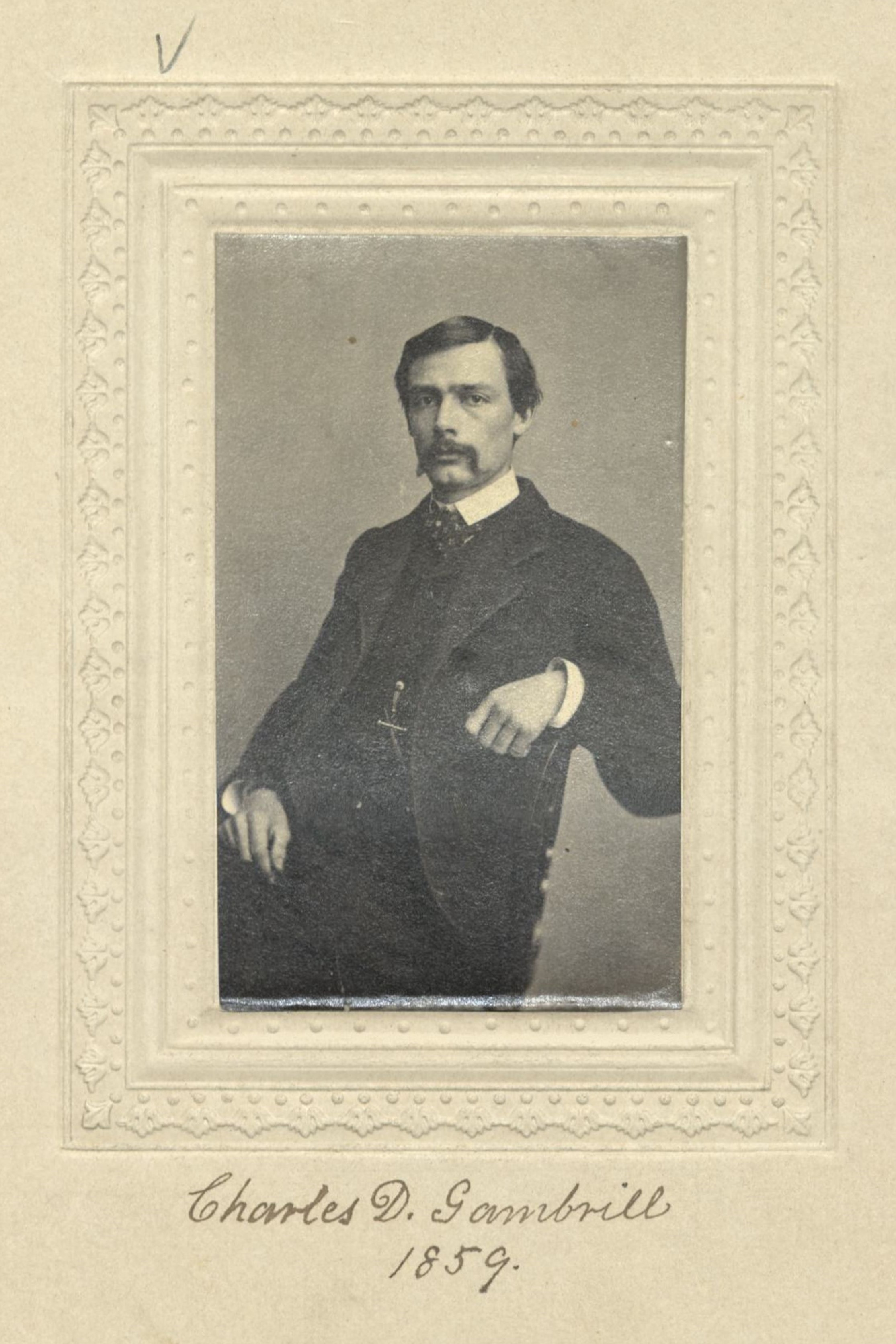 Charles D. GambrillArchitectCenturion, 1859–1880
Charles D. GambrillArchitectCenturion, 1859–1880 -
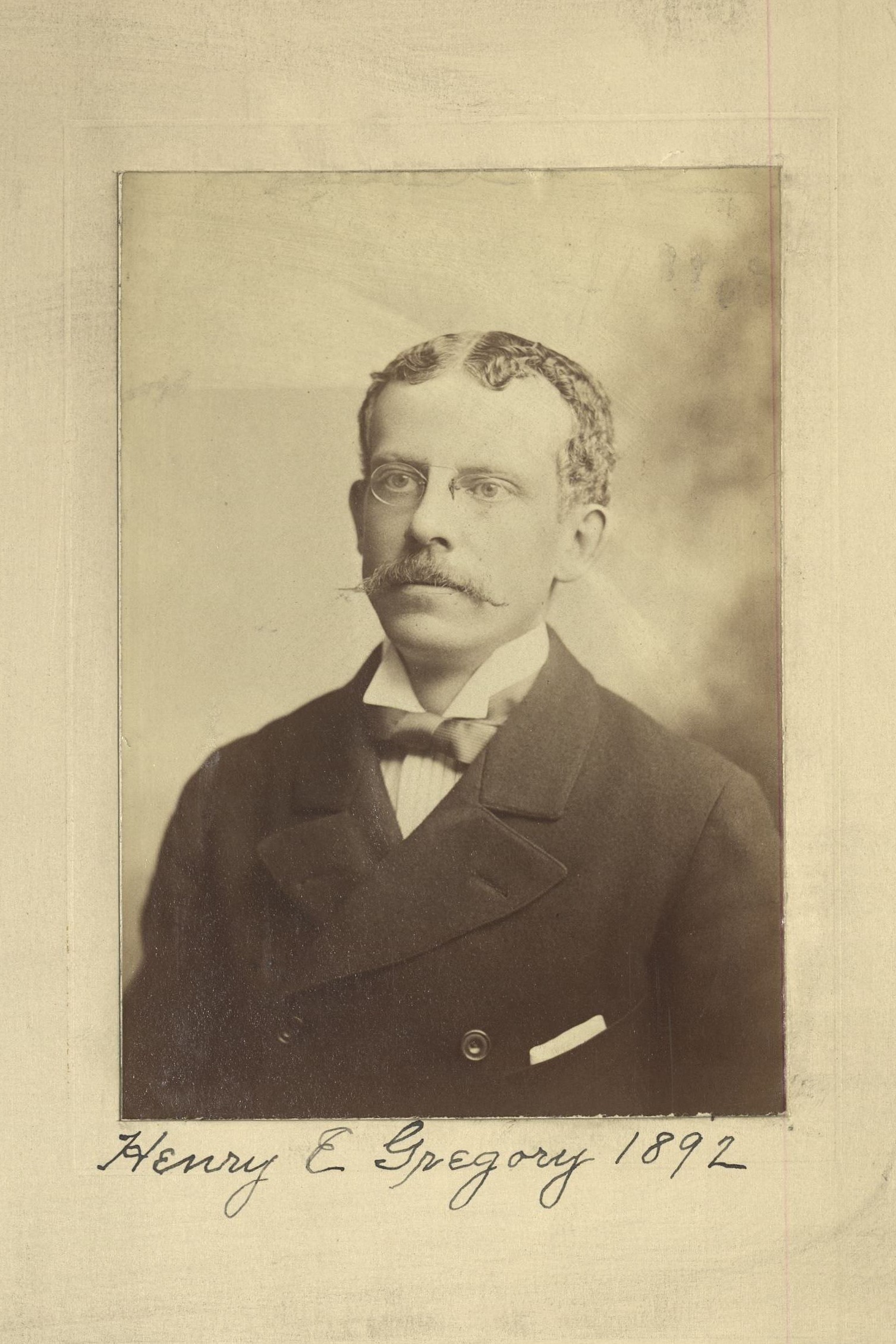 Henry E. GregoryLawyerCenturion, 1892–1937
Henry E. GregoryLawyerCenturion, 1892–1937 -
 George IngrahamVice President, Phenix Insurance CompanyCenturion, 1900–1912
George IngrahamVice President, Phenix Insurance CompanyCenturion, 1900–1912 -
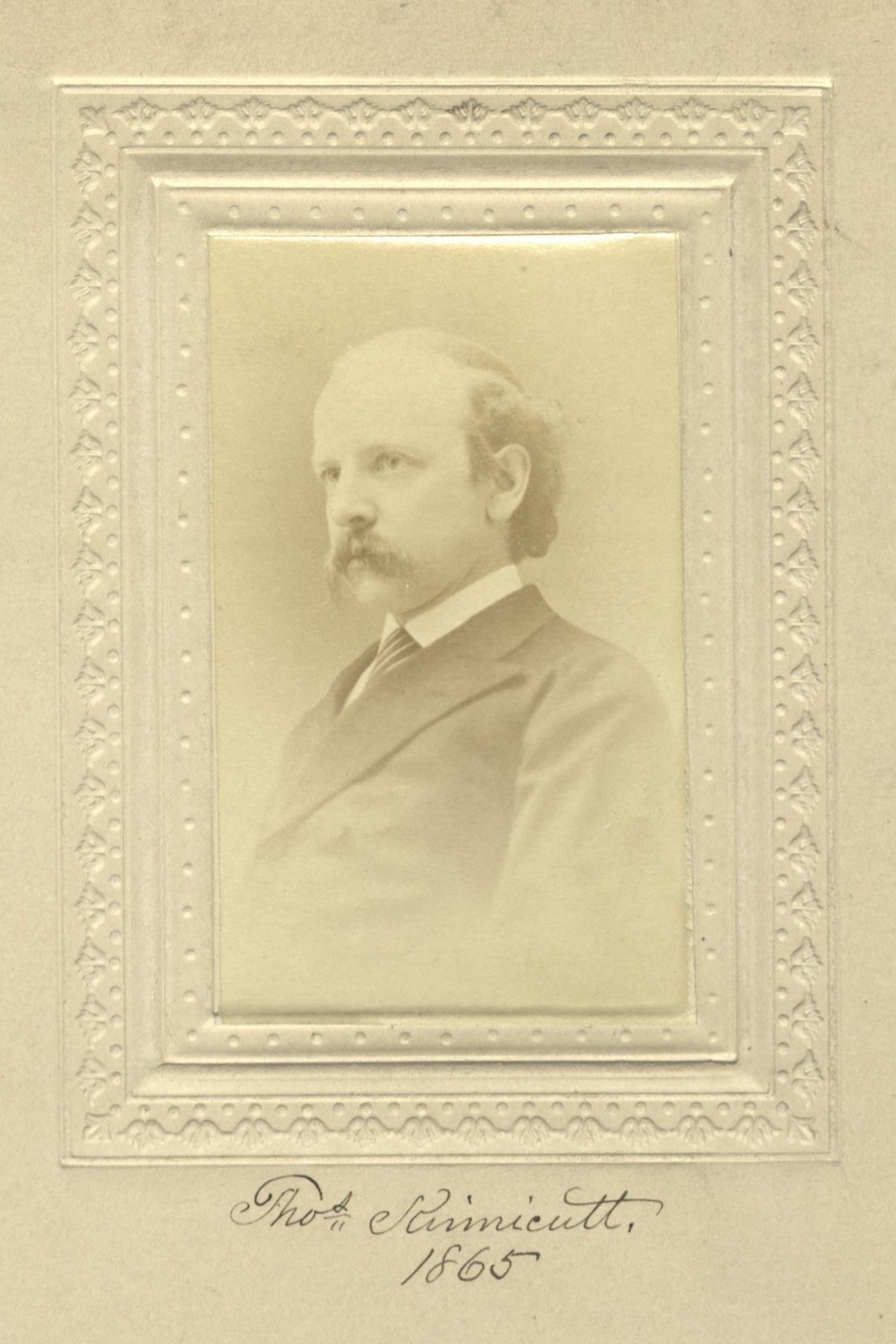 Thomas KinnicuttMerchant (Tobacco)/LawyerCenturion, 1865–1882
Thomas KinnicuttMerchant (Tobacco)/LawyerCenturion, 1865–1882 -
 Lea LuquerClergymanCenturion, 1901–1919
Lea LuquerClergymanCenturion, 1901–1919 -
 Ambrose Spencer Murray Jr.LawyerCenturion, 1894–1918
Ambrose Spencer Murray Jr.LawyerCenturion, 1894–1918 -
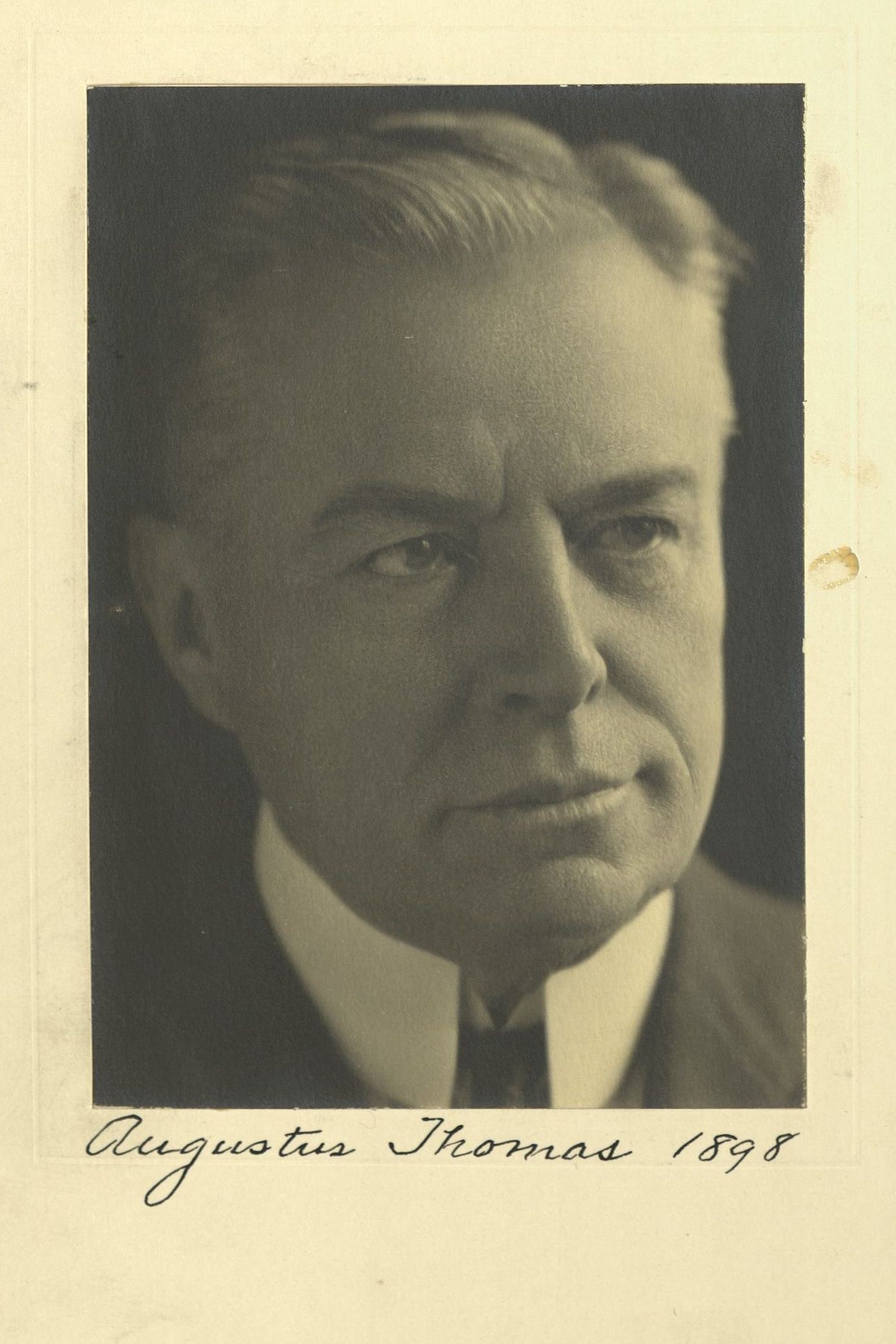 Augustus ThomasAuthorCenturion, 1898–1934
Augustus ThomasAuthorCenturion, 1898–1934 -
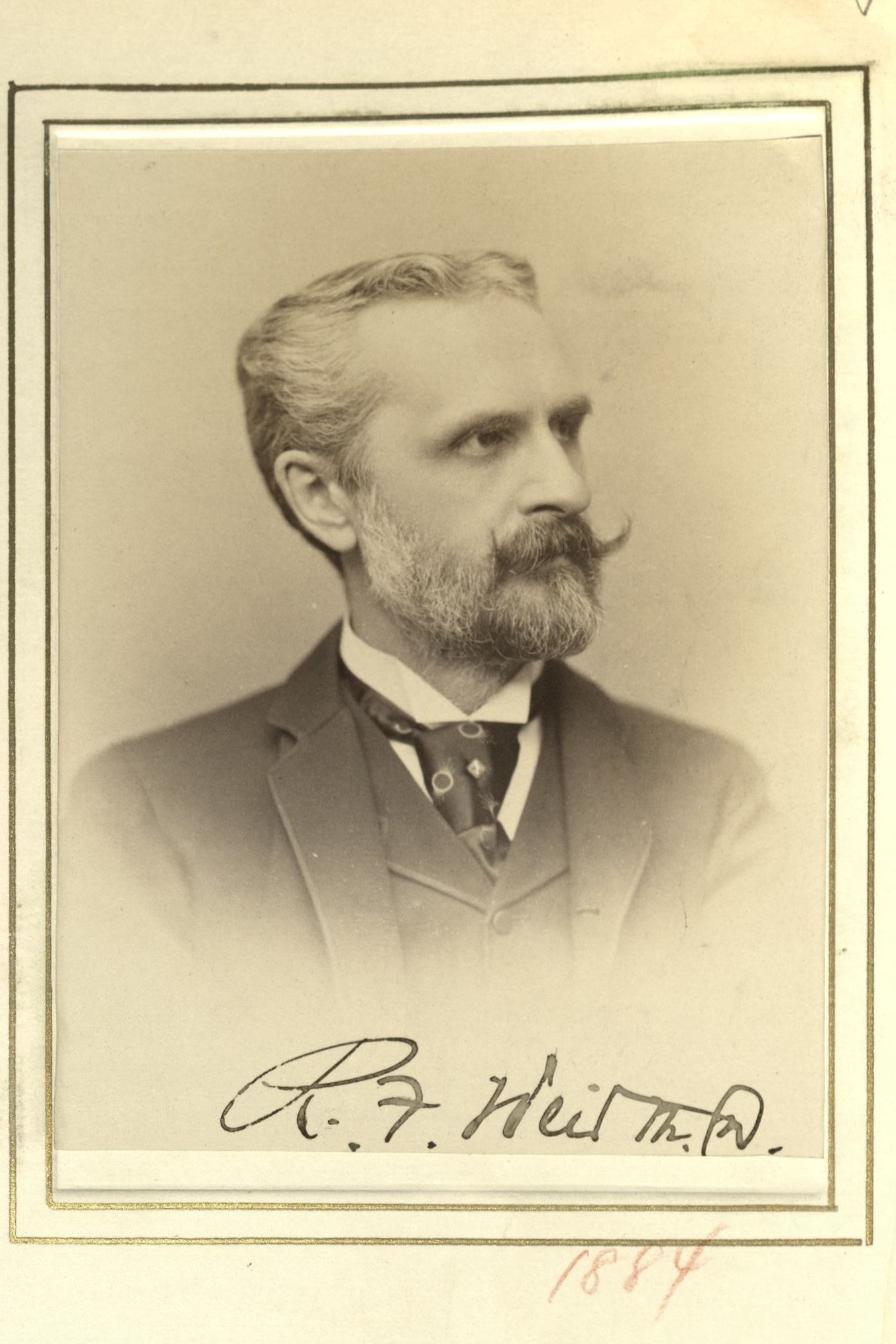 Robert F. WeirPhysicianCenturion, 1884–1921
Robert F. WeirPhysicianCenturion, 1884–1921





